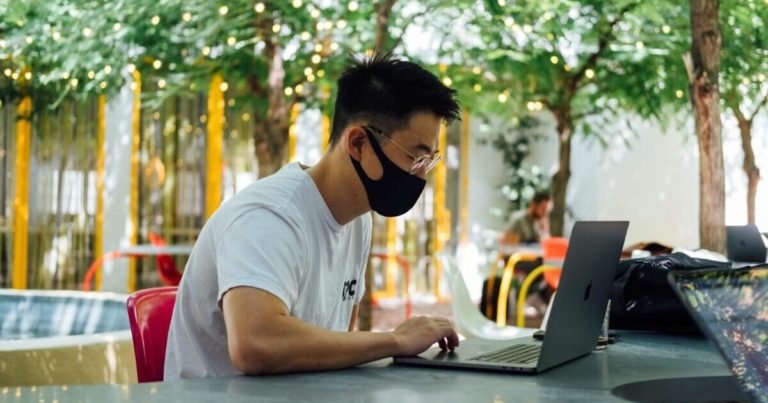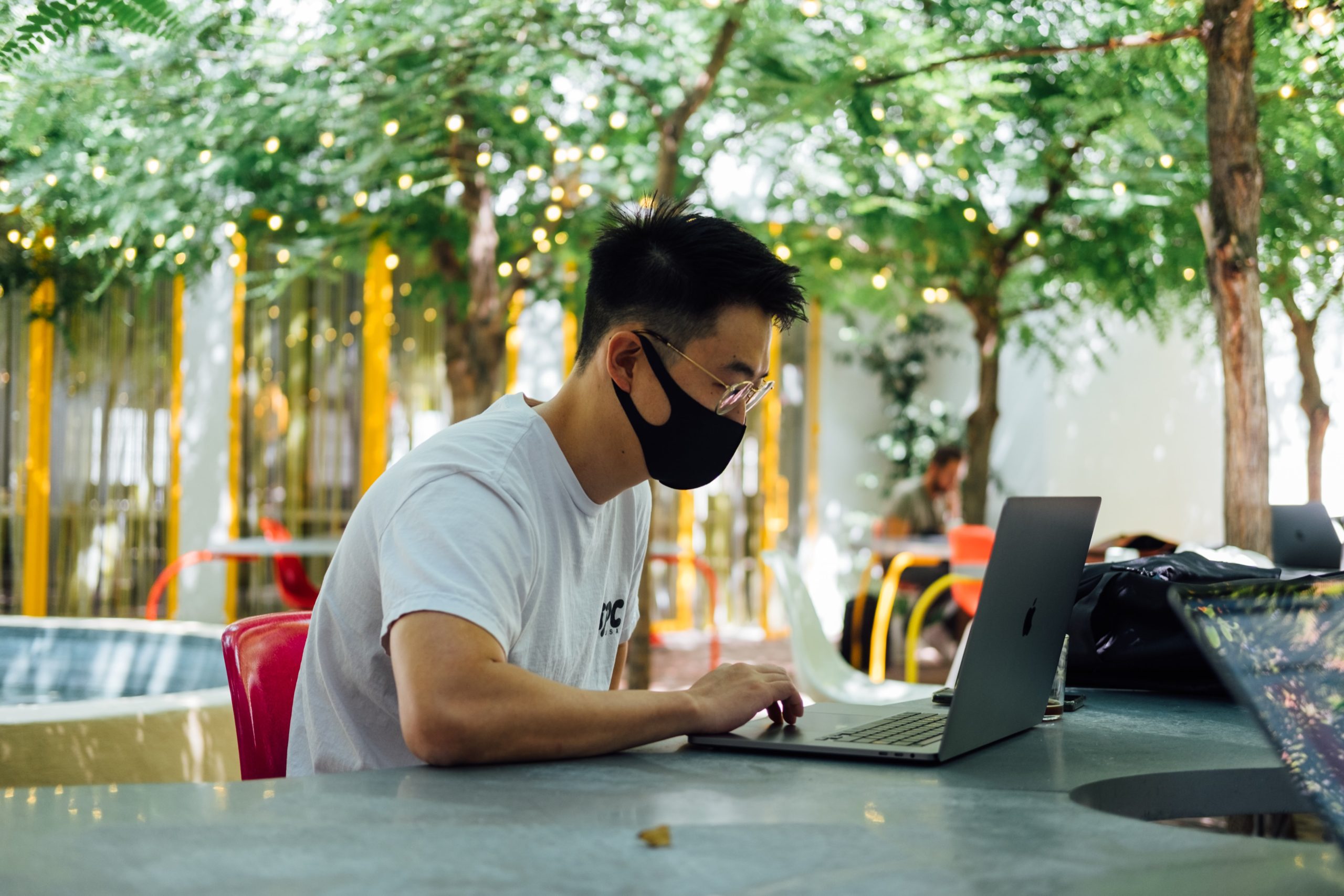Overview
Updated June 22, 2022
As COVID-19 continues to impact people across the United States and the world, allergists hear concerns from their patients – those with allergies and especially those suffering from asthma. They worry that having asthma means they’re at increased risk for developing symptoms from COVID-19 if they are exposed. They are also concerned about allergic reactions to the COVID-19 vaccines, and they wonder if their symptoms will be more dangerous if they have the virus. Studies have indicated that those with asthma are not in fact at a higher risk for developing symptoms from COVID-19 or being hospitalized if they become infected.
What do you need to know if you or a family member suffers from asthma? Read the points below for more information.
- ACAAI, along with the CDC, recommends everyone who is eligible get a COVID 19 vaccination. The College recognizes that COVID 19 vaccines are safe and effective at preventing COVID 19 disease, especially severe illness, hospitalizations, and death. COVID 19 vaccines reduce the risk of people spreading the SARS CoV 2 virus, and their effectiveness outweighs any risk associated with receiving the vaccines.
- Respiratory viruses are the most common trigger for asthma exacerbations (severe worsening typically requiring oral steroids to relieve symptoms).
- Not all viruses affect asthma patients equally. Some viruses such as influenza and rhinovirus are more likely to trigger asthma flares than others.
- To date, the data does not suggest that a COVID infection will trigger asthma exacerbations.
- There is no clear evidence that patients with asthma are at any higher risk of contracting COVID-19. There is also no evidence that asthma medications used to prevent symptoms (inhaled steroids, oral steroids, montelukast, biologics, etc.) increase your risk of contracting COVID-19.
- To reduce the risk of being infected with COVID-19 and possibly spreading it to others, wear a mask indoors in public if you are in an area of substantial or high transmission. Be aware that local public health agencies set requirements for mask wearing, along with the CDC.
- You might choose to wear a mask regardless of the level of transmission in your area if you have a weakened immune system or if, because of your age or an underlying medical condition, you are at increased risk for severe disease, or if a member of your household has a weakened immune system, is at increased risk for severe disease, or is unvaccinated.
- If you test positive and are more likely to get very sick from COVID-19, treatments are available that can reduce your chances of being hospitalized or dying from the disease. Contact your physician as soon as possible if you become infected with COVID to discuss possible treatments.
- Use caution and avoid experimental treatments unless the treatment is specifically recommended by the physician caring for you.
Recommendations
The American College of Allergy, Asthma and Immunology recommends:
- Maintaining your asthma routine to help you control your symptoms.
- Using short acting rescue medications as needed for symptoms.
- Following your asthma action plan if you have one.
- Following CDC guidelines regarding infection control, vaccines, masking, hand hygiene, social distancing, etc.
- Contacting your allergist if you have questions about your medications or if your symptoms seem to be worsening or not under control.
Additional Resources
- Frequently asked patient questions about the COVID-19 vaccine
- CDC information on COVID-19 vaccines and boosters
- From the FDA: Beware of fraudulent Coronavirus tests, vaccines and treatments
- CDC recommendations for how to select, wear and clean your mask
- CDC recommendations for coping with stress
- Mental Health and Coping with Stress Resources
Recursos adicionales
- Actualizaciones del ACAAI en las orientaciones sobre el riesgo de reacciones alérgicas a las vacunas contra la COVID-19
- Ahora en Español – Videos de preguntas frecuentes sobre la vacuna COVID-19 y los niños.

